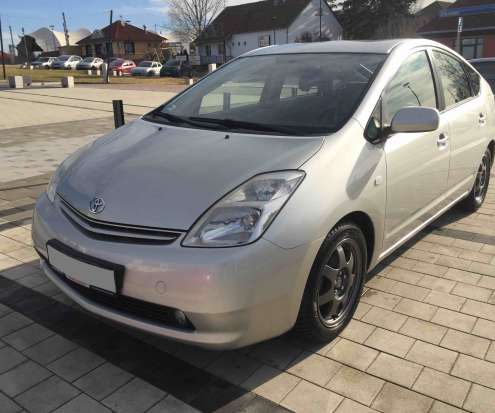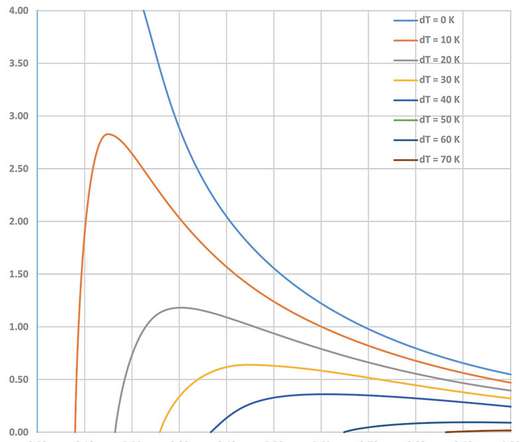HeatReCar project demonstrates technical feasibility of thermoelectric generator for waste heat recovery; economic case more difficult
Green Car Congress
APRIL 7, 2014
A recently completed European project coordinated by Centro Ricerche Fiat (CRF) demonstrated the technical feasibility of a Bi 2 Te 3 -based thermoelectric generator (TEG) for waste heat recovery for application to a diesel light-duty truck (LDT). g CO 2 /km reduction) with a peak thermoelectric electric power of 150 W e.






































Let's personalize your content